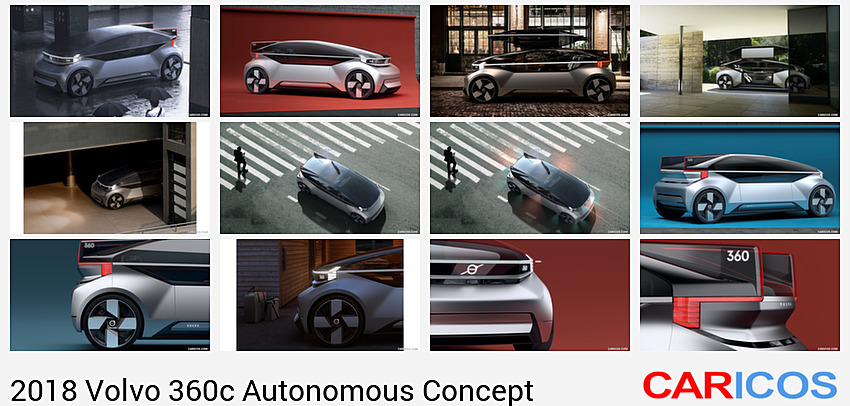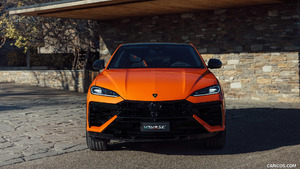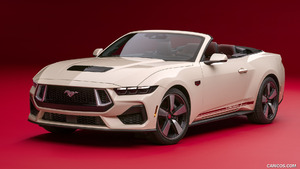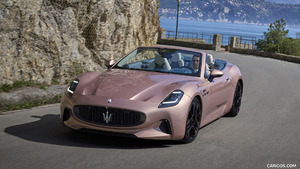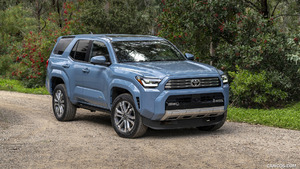Reflecting on the Vision of Volvo's 360c Autonomous Concept
Living in an era where technology continues to challenge the boundaries of mobility, it's fascinating to look back at when Volvo Cars offered a glimpse of what they envisioned the future of autonomous travel to be. Back in 2018, the brand unveiled their 360c concept, presenting an audacious paradigm shift in the way we understand and use transportation. A fully autonomous, electric vehicle, the 360c served as a bold statement of the brand's progressive ethos and a tantalizing preview of what was potentially around the corner.
Breaking Conventional Notions of Travel
With the 360c, Volvo was effectively attempting to transform our perceptions of long-distance travel. The brand proposed the concept of a private, first-class cabin that could transport you from door to door, eliminating the need for airports and all the inconvenient aspects associated with air travel. This radical proposition was not just a vehicle, but also a potential rival to domestic air travel, one of the many significant implications the 360c presented for the future of travel.

360c: The Quintessence of Autonomous Design
The 360c was more than just an autonomous vehicle; it represented a complete rethinking of vehicle design and utility. Given that it did not need a steering wheel or a combustion engine, the typical layout of passenger seating was drastically changed. Volvo took this opportunity to propose four potential uses for such vehicles – a sleeping environment, a mobile office, a living room, and an entertainment space. These concepts reimagined not just how people travel, but also how they could use that travel time more effectively.
Challenging Established Travel Paradigms
One of the more audacious claims that Volvo made was that the 360c could potentially disrupt short-haul air travel, especially for distances around 300 kilometers. By replacing air travel with an autonomous vehicle, Volvo was suggesting a solution to many inconveniences like travel to the airport, security checks, and waiting times, all of which tend to make short air travel more time-consuming than it needs to be. This bold vision suggested that the 360c was not just a technological marvel, but also a potential game-changer in the travel industry.
Social and Environmental Implications
The 360c concept wasn't merely a statement about Volvo's technological prowess; it was a broader commentary on the future of travel, city planning, infrastructure, and the environment. By envisioning a shift from conventional air travel to autonomous cars, Volvo proposed a reduction in the environmental footprint of cities and potentially a revolutionary change in urban planning. This grand vision allowed the 360c to transcend beyond a concept car and stir a conversation about the broader societal impacts of autonomous driving technology.

Final Thoughts
Looking back, the 2018 Volvo 360c Autonomous Concept was not just a showcase of innovation and technological advancement; it was a thoughtful examination of how autonomous driving technology could redefine mobility and society. While we may still be in the nascent stages of autonomous driving technology, the 360c serves as a potent reminder of how far we've come and how much further we can go. As we continue to explore the endless possibilities of autonomy, it's worth recalling the unique and ambitious visions that helped pave the way.
-Ed
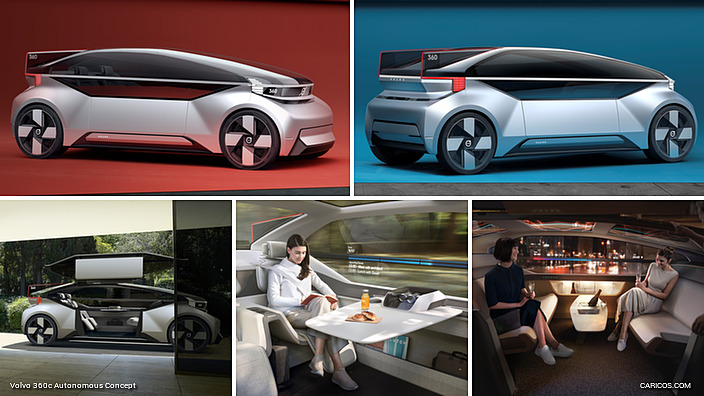 2018 Volvo 360c Autonomous Concept
2018 Volvo 360c Autonomous Concept

